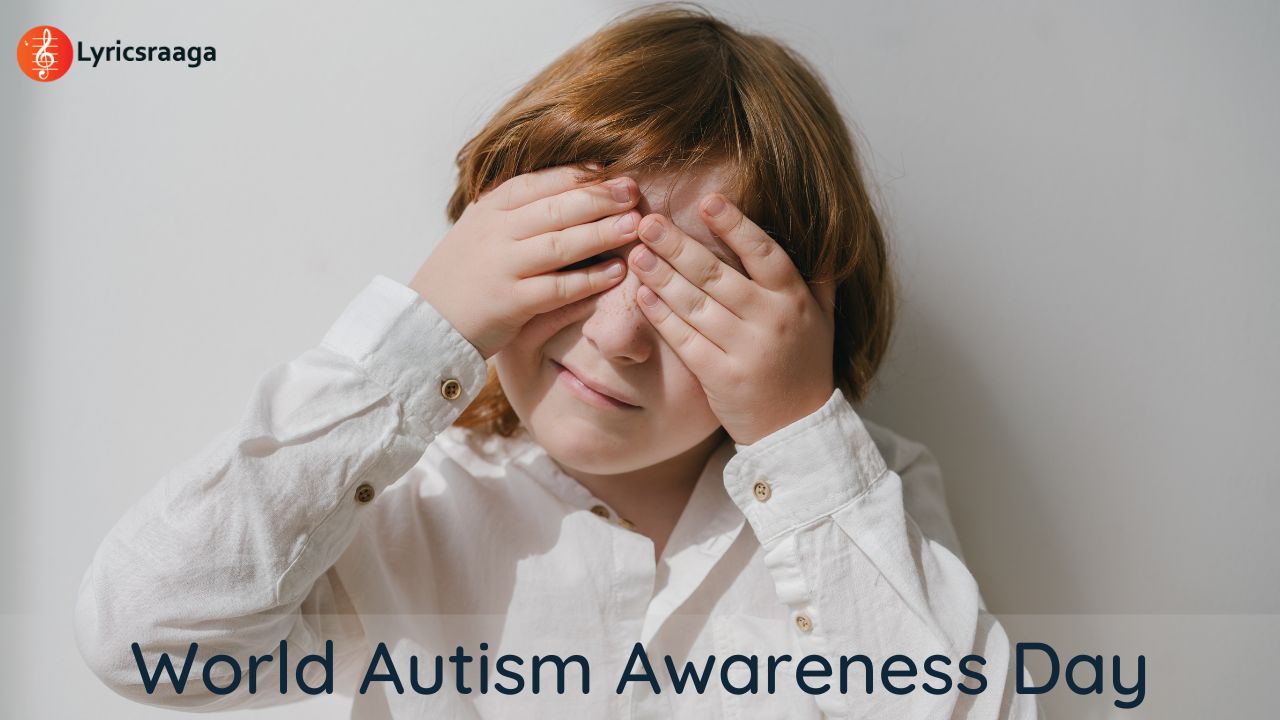World Autism Awareness Day – History | Significance | Theme | Quotes
World Autism Awareness Day – History | Significance | Theme | Quotes: World Autism Awareness Day is observed on April 2nd every year to raise awareness about autism and to promote acceptance, inclusion, and understanding of individuals with autism spectrum disorder (ASD).
Autism is a neurodevelopmental disorder that affects communication, social interaction, and behavior. It is estimated that 1 in 160 children worldwide has ASD, and the prevalence of autism is increasing globally.
World Autism Awareness Day was first observed in 2008, after it was declared by the United Nations General Assembly. On this day, various events and activities are organized around the world to raise awareness about autism and to promote understanding and acceptance of individuals with ASD.
The color blue is often associated with autism awareness, and many landmarks around the world are illuminated in blue on World Autism Awareness Day to show support for people with autism.
The theme of World Autism Awareness Day varies each year, but the goal remains the same: to raise awareness about autism and to promote acceptance and inclusion for individuals with ASD.
World Autism Awareness Day History
World Autism Awareness Day was first observed on April 2nd, 2008, after it was declared by the United Nations General Assembly. The resolution was adopted on December 18, 2007, with the goal of raising awareness about autism and promoting early diagnosis and intervention.
The resolution recognized the importance of improving the quality of life of individuals with autism and their families, and called for the development of national plans and policies to address the needs of people with autism.
Since its inception, World Autism Awareness Day has been observed annually on April 2nd. The day is marked by various events and activities around the world, including conferences, seminars, and workshops to raise awareness about autism and to promote understanding and inclusion.
The color blue has become a symbol of autism awareness, and many landmarks and buildings around the world are illuminated in blue on World Autism Awareness Day to show support for people with autism.
World Autism Awareness Day has played an important role in raising awareness about autism and promoting the rights of individuals with autism. The day provides an opportunity to highlight the challenges faced by people with autism and to promote a better understanding of the condition, with the goal of improving the lives of individuals with autism and their families.
World Autism Awareness Day Significance
World Autism Awareness Day is significant because it helps to raise awareness about autism, a complex neurodevelopmental disorder that affects communication, social interaction, and behavior. The day provides an opportunity to promote acceptance and understanding of individuals with autism spectrum disorder (ASD), and to advocate for their rights and inclusion in society.
One of the key goals of World Autism Awareness Day is to promote early diagnosis and intervention for children with autism. Early diagnosis and intervention can have a significant impact on a child’s development and can improve their long-term outcomes. By raising awareness about the signs and symptoms of autism, World Autism Awareness Day can help to ensure that children with autism are diagnosed and receive the support they need as early as possible.
World Autism Awareness Day also highlights the challenges faced by individuals with autism and their families, including access to education, healthcare, and employment. By promoting awareness and understanding of autism, the day helps to reduce stigma and discrimination against individuals with autism, and encourages greater inclusion and acceptance in society.
Finally, World Autism Awareness Day provides an opportunity for individuals and organizations to come together to support people with autism and their families. By working together, we can raise awareness about autism, promote acceptance and inclusion, and advocate for the rights of individuals with autism around the world.
World Autism Awareness Day Themes
Here is a list of themes for World Autism Awareness Day since its inception in 2008:
2022: Inclusion in the Workplace: Challenges and Opportunities in a Post-Pandemic World
2021: Inclusion in the Workplace: Challenges and Opportunities in a Post-Pandemic World
2020: The Transition to Adulthood
2019: Assistive Technologies, Active Participation
2018: Empowering Women and Girls with Autism
2017: Toward Autonomy and Self-Determination
2016: Autism and the 2030 Agenda: Inclusion and Neurodiversity
2015: Employment: The Autism Advantage
2014: Opening Doors to Inclusive Education
2013: Understanding and Accepting Autism
2012: Launch of the Global Autism Public Health Initiative
2011: Full Participation and Equality for all People with Autism
2010: Opening Doors to Communication
2009: What is Autism? Awareness, Early Diagnosis and Early Intervention
2008: Awareness of Autism Spectrum Disorders
World Autism Awareness Day Quotes
Here are some quotes related to World Autism Awareness Day:
“Autism is not a tragedy, ignorance is the tragedy.” – Dr. Temple Grandin
“We need to give each other the space to grow, to be ourselves, to exercise our diversity. We need to give each other space so that we may both give and receive such beautiful things as ideas, openness, dignity, joy, healing, and inclusion.” – Max de Pree
“Autism is not a processing error. It’s a different operating system.” – Anonymous
“If they can’t learn the way we teach, we teach the way they learn.” – Dr. O. Ivar Lovaas
“In every person with autism, there is something incredible and unique to be discovered.” – Anonymous
“Autism is a journey I never planned but I sure do love my tour guide.” – Anonymous
“Autism doesn’t come with an instruction manual, it comes with a family who will never give up.” – Kerry Magro
“Autism is not a disability, it’s a different ability.” – Stuart Duncan
“Different, not less.” – Dr. Temple Grandin
“Autism is not a disease, it’s just another way of thinking.” – Anonymous



